Hello, fellow PhD researchers! 🌟
Picture this: You, a PhD student, presenting your research at your first academic conference. It’s an exhilarating experience! I just returned from the three-day Complex Networks 2024 conference in Istanbul, Turkey, where I had a chance to present poster on our published paper on spread of congestion on urban road networks. Here, I’d like to share why attending academic conferences is a valuable experience.
Building Connections
Conferences are vibrant hubs buzzing with experts in your field. They provide the perfect opportunity to network, exchange ideas, and establish relationships that could shape your career. I had the privilege of meeting researchers from leading institutes, departments, and labs focusing on Complex Networks, including the Complexity Science Hub (CSH), Vienna, and the Centre for Complexity and Complex Networks, City University of Hong Kong.
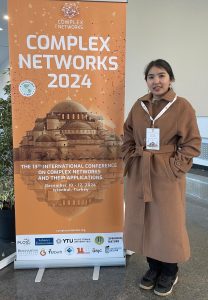
Exploring New Ideas
Attending conferences gives you access to the latest research trends and cutting-edge findings, sparking fresh ideas for your own work. I participated in fascinating sessions on road network dynamics and emerging trends in Urban Systems, Mobility & Networks, and Machine Learning & Networks. These sessions offered valuable insights and broadened my research perspective.
Meeting Academic Heroes
One of the most inspiring aspects of conferences is the chance to meet the scholars who have shaped your research journey. I was thrilled to meet my academic hero, Professor Piet Van Mieghem from Delft University of Technology. His work greatly inspired my supervisor and me to do our research on congestion spread in road networks. Meeting him in person and discussing his work was truly exciting and motivating.
Personal Growth
Conferences are about more than just academics—they’re also a chance to grow personally. Traveling to Istanbul allowed me to experience Turkish culture, delicious Turkish cuisine, and enjoy the renowned hospitality.
Pro Tip
Preparation is essential! Perfect your presentation, research the speakers, and connect with participants ahead of time to maximize your conference experience.


My journey to this conference was made possible by the Scholarship for Events on Complex Systems (SECS) from the Young Researchers of the Complex Systems Society. 🌐✨ Special thanks to my supervisor Dr Wei Koong Chai.
With respect,
Assemgul Kozhabek
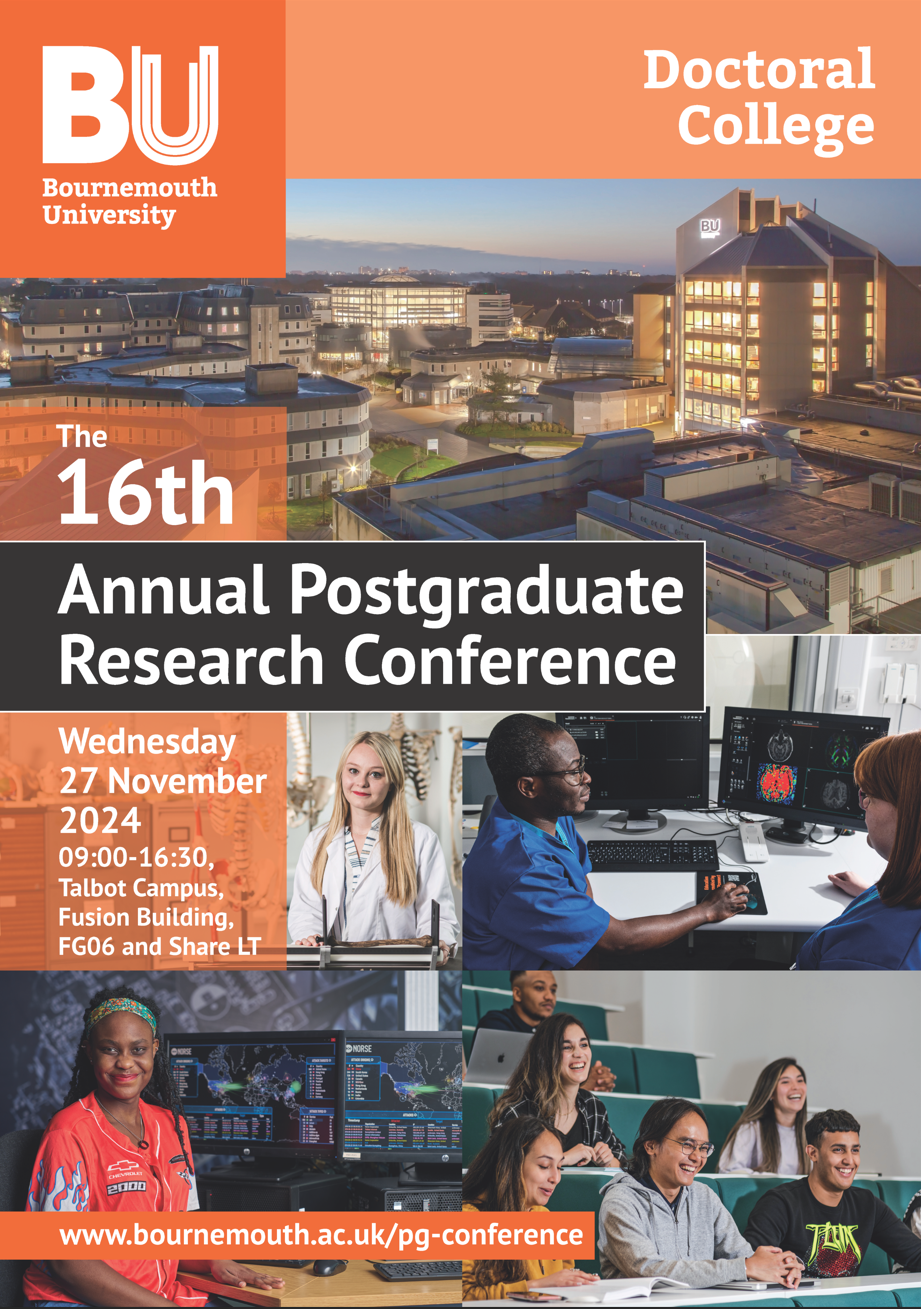
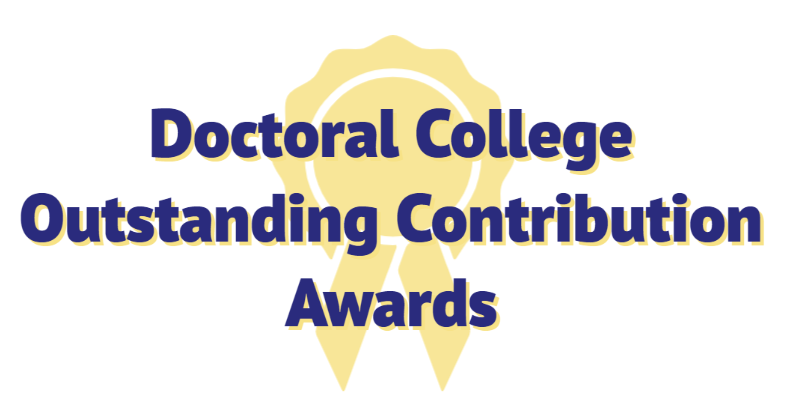
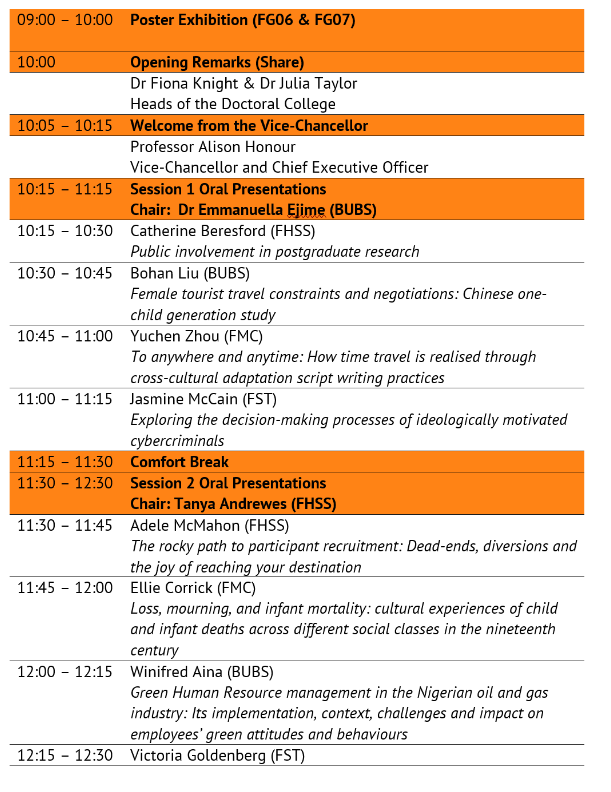
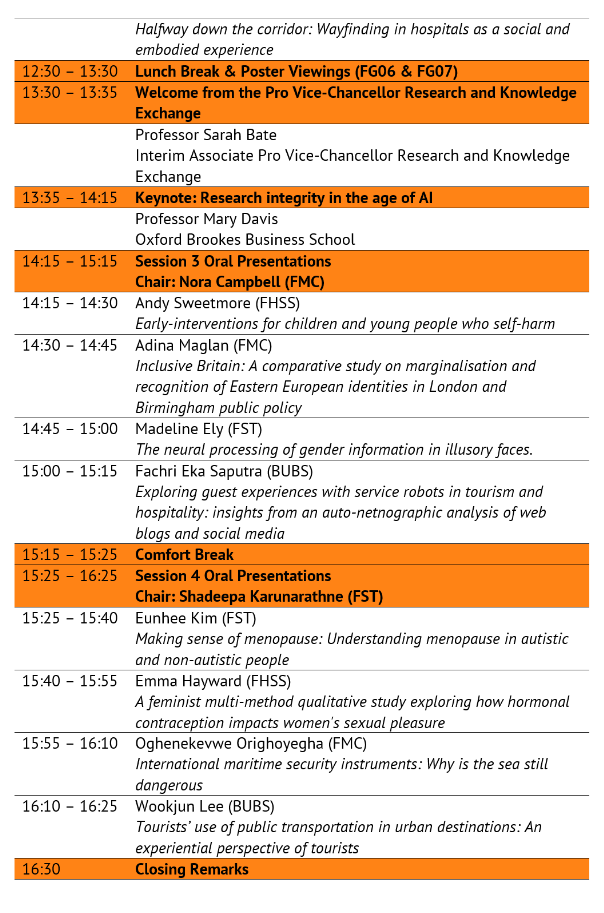
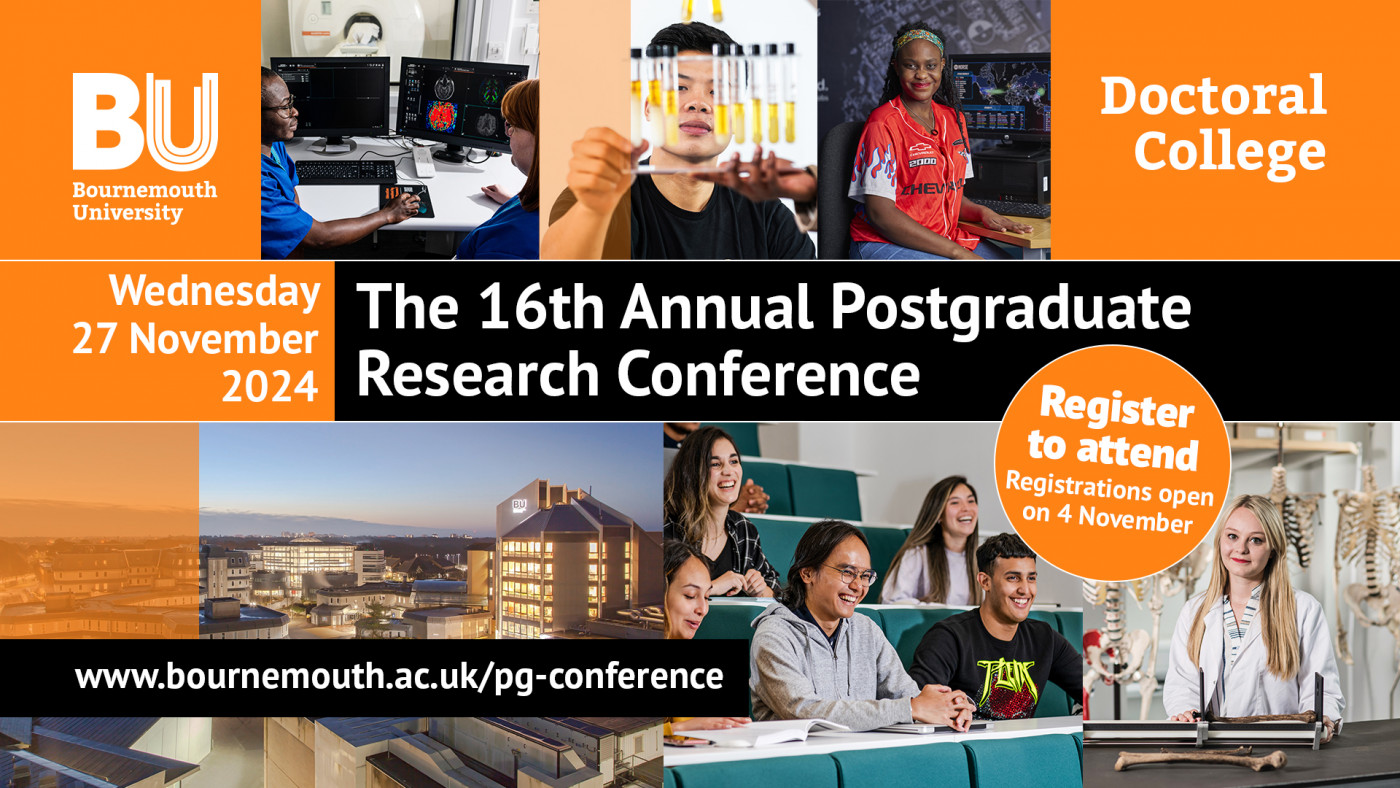


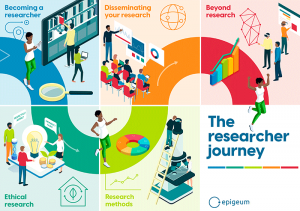



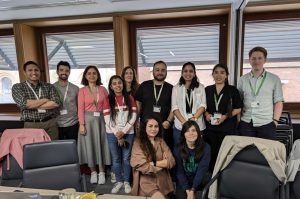


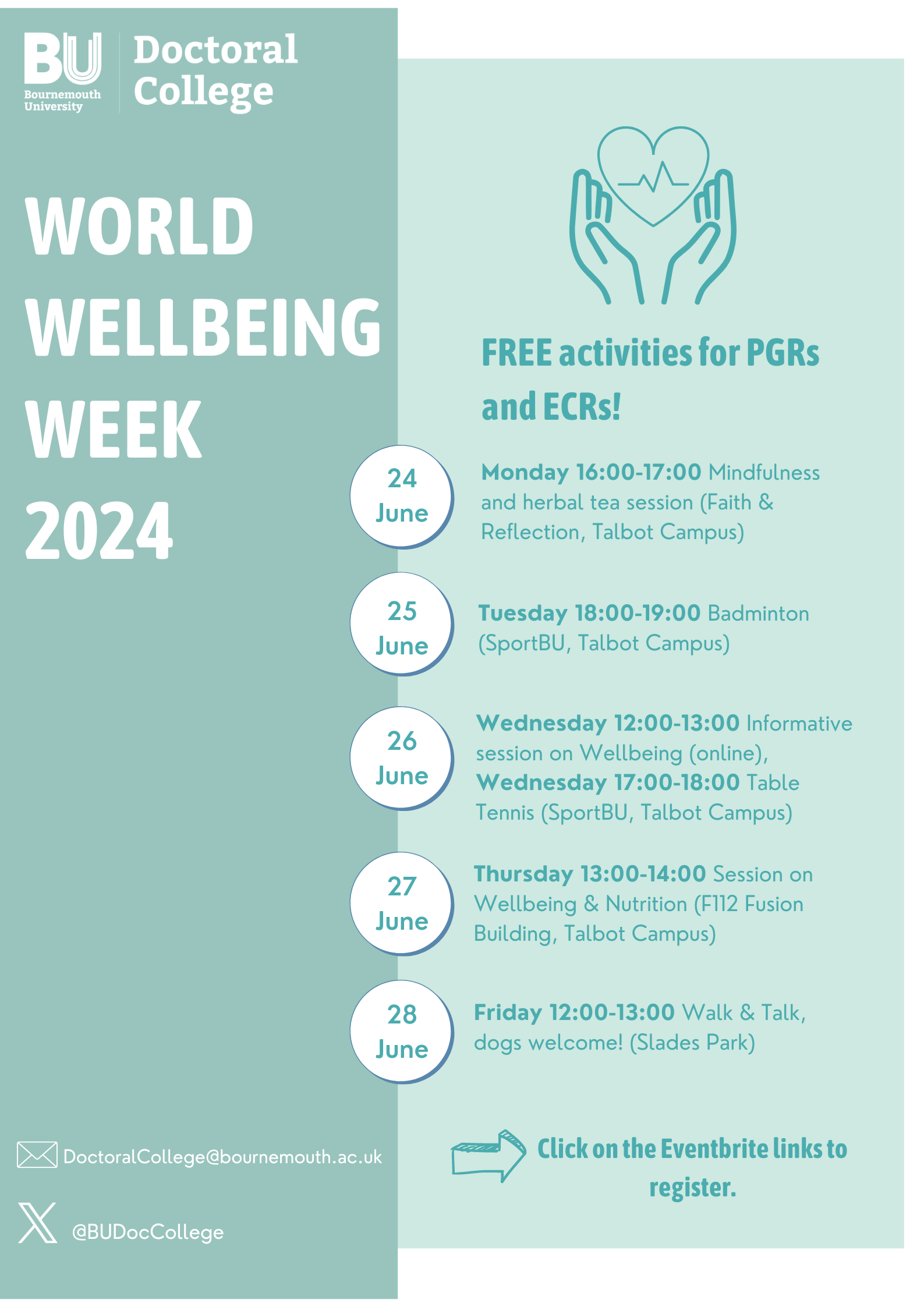
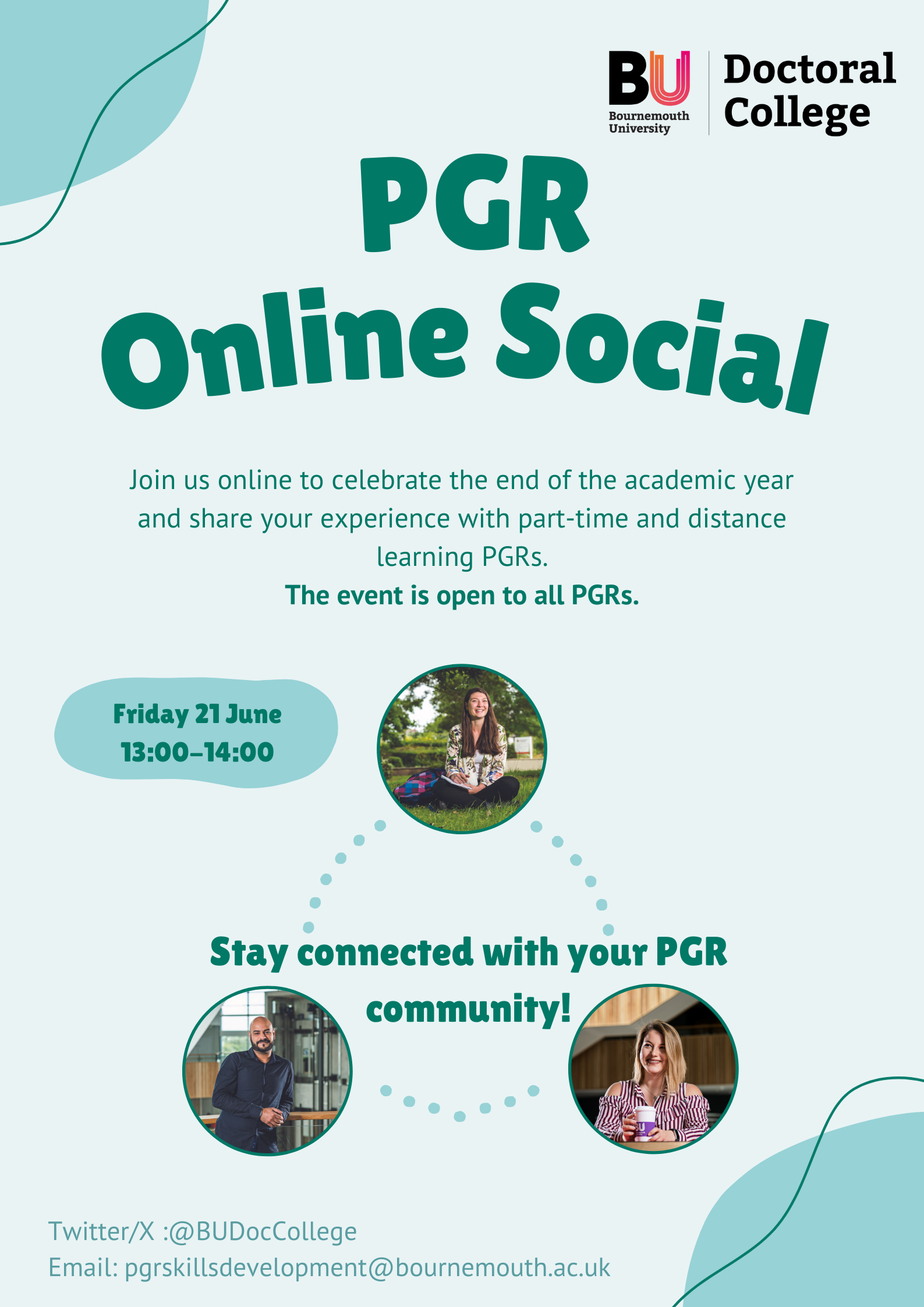

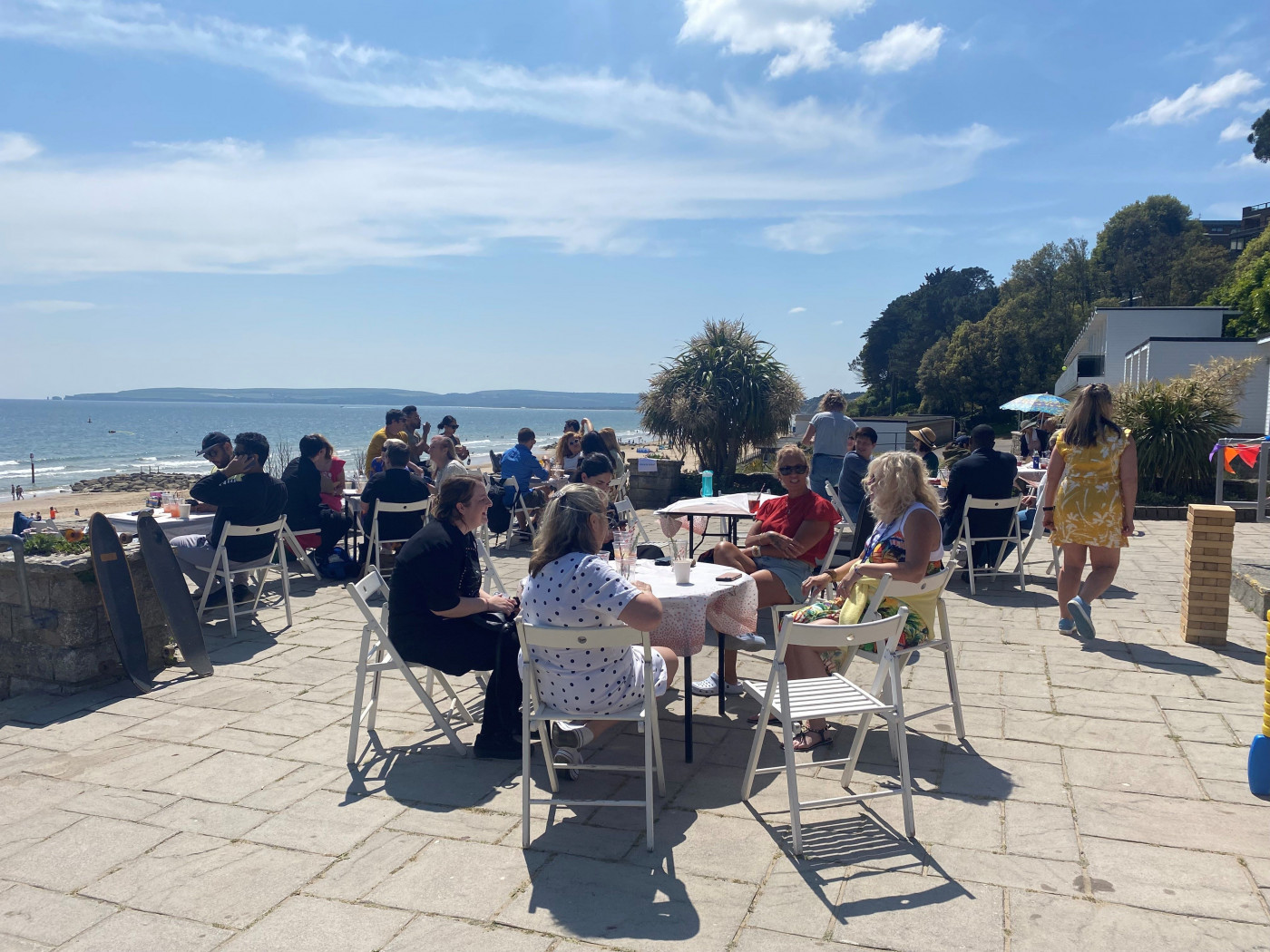
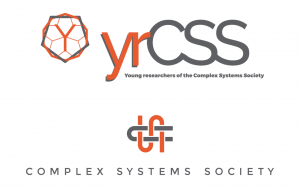












 New CMWH paper on maternity care
New CMWH paper on maternity care From Sustainable Research to Sustainable Research Lives: Reflections from the SPROUT Network Event
From Sustainable Research to Sustainable Research Lives: Reflections from the SPROUT Network Event REF Code of Practice consultation is open!
REF Code of Practice consultation is open! ECR Funding Open Call: Research Culture & Community Grant – Apply now
ECR Funding Open Call: Research Culture & Community Grant – Apply now ECR Funding Open Call: Research Culture & Community Grant – Application Deadline Friday 12 December
ECR Funding Open Call: Research Culture & Community Grant – Application Deadline Friday 12 December MSCA Postdoctoral Fellowships 2025 Call
MSCA Postdoctoral Fellowships 2025 Call ERC Advanced Grant 2025 Webinar
ERC Advanced Grant 2025 Webinar Update on UKRO services
Update on UKRO services European research project exploring use of ‘virtual twins’ to better manage metabolic associated fatty liver disease
European research project exploring use of ‘virtual twins’ to better manage metabolic associated fatty liver disease